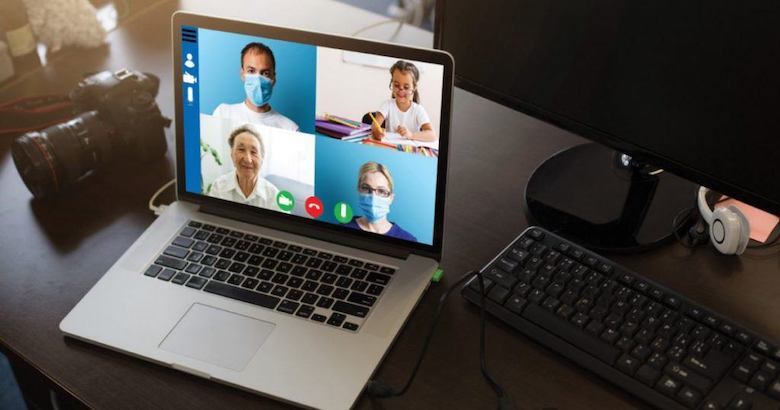
COMPANY: North Rhine-Westphalia (NRW), Germany
CHALLENGE: Make a digital infrastructure for medical specialist expertise available to hospitals throughout the state.
OUTCOME: The infectious disease and intensive care branches of the “Virtual Hospital NRW” are helping providers cope with COVID-19.
North Rhine-Westphalia (NRW), a state located in the west of Germany, has been one of the areas in the country hardest hit by the pandemic. With close to 18 million people living in a mix of metropolitan and rural regions – and with roughly 340 hospitals – it is the most populated state in the country.
A pilot project there is now leapfrogging into broad-scale application: the infectious disease and intensive care branches of the “Virtual Hospital NRW” are helping providers cope with COVID-19. The Electronic Case Record for this massive telehealth roll-out is based on InterSystems IRIS for Health™ and HealthShare®.
COVID-19 Expertise Comes to Rural & Metro Regions in NRW
Virtual Hospital NRW, a state-powered project, is designed to make a digital infrastructure for medical specialist expertise available to hospitals throughout the state. Given the urgency of the crisis, it progressed quickly from its planned pilot state for designated regions to a broadscale rollout on March 30, when NRW State Premier Armin Laschet announced the launch of the intensive care and infectious diseases modules. Providers across the region can now access expert advice from specialists at university hospitals in Aachen and Münster. This allows smaller hospitals to prepare for the influx of patients by elevating their expertise in treating ventilated patients as well as the top providers.
Interoperable Electronic Case Record Serves as Cornerstone
Virtual Hospital NRW is based on an e-health platform jointly developed by InterSystems partner RZV GmbH, the Fraunhofer Institute for Software and Systems Engineering, and the InterSystems team in Germany. The Electronic Case Record utilizes the eFA 2.0 format and features an architecture relying on IHE profiles to facilitate maximum connectivity with applications. It enables sharing treatment-oriented patient information, as well as documents for use in tele-rounds. A front-end web portal allows for tele-consultations and tele-rounds for treating COVID-19 patients. Data privacy safeguards are in place to ensure GDPR compliance.
InterSystems IRIS for Health and HealthShare are the basis of the eFAcompliant back end, which enables all transactions, including input, transfer, and output of documents into and from the Electronic Case Record. Protocols cover all relevant transactions, as well as the access authentication.
“We are enthusiastic about this impressive use of our solutions to help fight the current pandemic,” says Helene Lengler, Regional Managing Director, Central & Eastern Europe & Nordics. “COVID-19 patients and health workers will benefit from the powerful telemedicine services in NRW and its virtual hospital, which can serve as a blueprint for all of Germany.”
This story originally appeared the May 8, 2020 - HealthShare Connections News Flash No.1: COVID-19 Pandemic newsletter



































